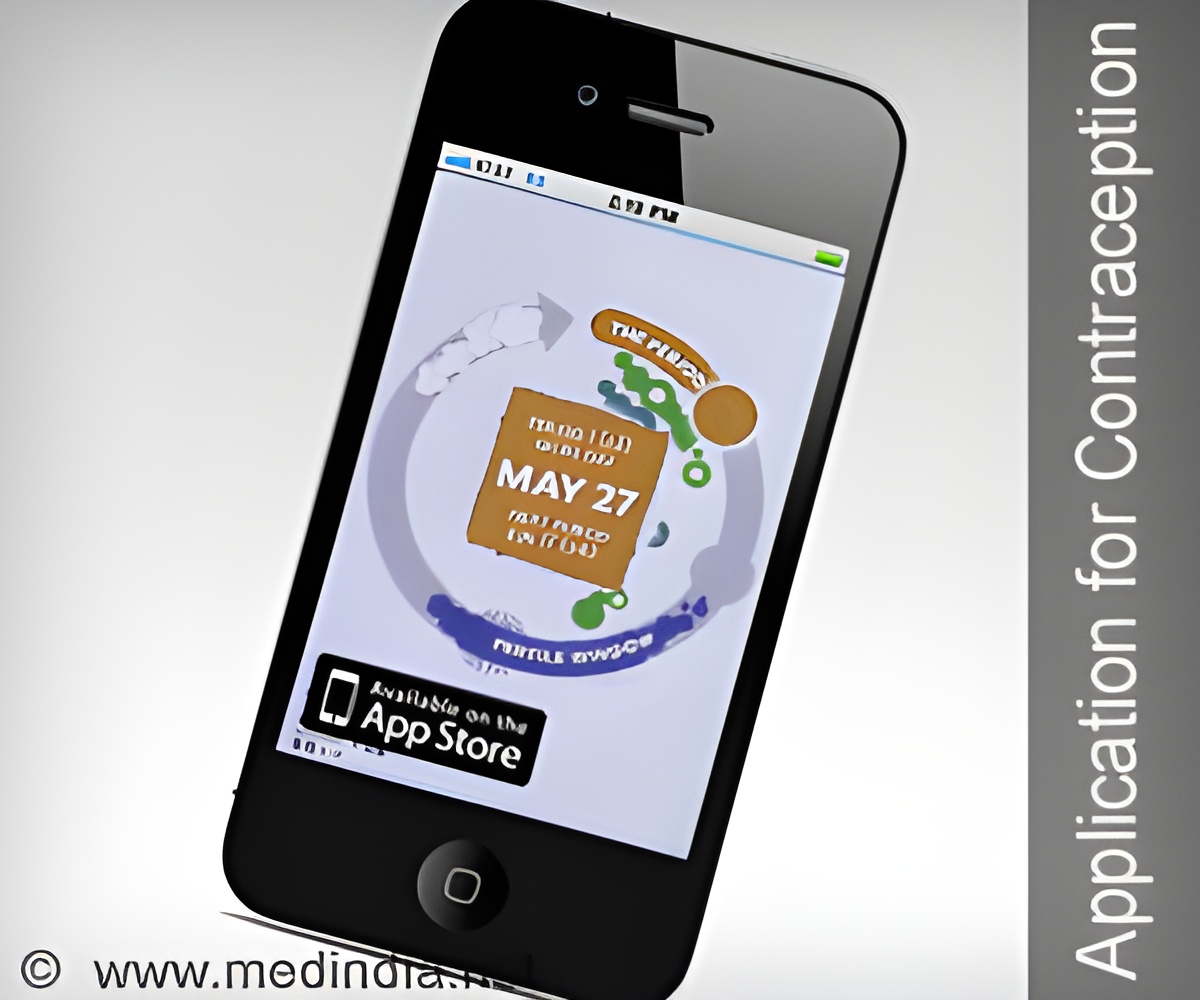A government school outside Uganda's capital Kampala is the Kiwenda primary, and Douglas Buule, a teacher there, has a recurring problem.

Funds arriving late or going missing altogether also mean the school's 529 students usually only take exams twice a term instead of monthly, said the teacher.
"There is lack of transparency in many government institutions on the funds that are supplied and used," said Buule, complaining of the country's endemic corruption. "That lack of transparency is affecting day-to-day learning."
But now, a new project is shifting the balance of power.
Through the Action for Transparency (A4T) Smartphone app, being piloted in three Ugandan districts, communities are being armed with information allowing them to report anonymously when budget allocations for health centres and schools fail to match public expenditure.
Using the GPS-enabled A4T app, a user can receive the location of a school or health centre, the number of staff allocated to them by both the government and the institution, and the amount of money approved and dispersed.
"If it is a police case we'll report it to the police," said Moses Karatunga, the programme officer for Transparency International (TI) Uganda. "If it's an advocacy issue we can take it up with the ministry."
In the past year, Uganda's corruption rating has deteriorated, according to TI. They are introducing the app along with the Fojo Media Institute, part of Linnaeus University in Sweden, the Uganda Media Development Foundation (UMDF) and the African Center for Media Excellence (ACME).
Gerald Businge, the A4T project coordinator, said Ugandans feared blowing the whistle on corruption.
"They think they could get sacked, they could get victimised," he said. "There is also that worry 'I report and nothing is done.' So we're saying 'take this to the public court'."
But it's hoped that through A4T, which has been funded by SIDA, the Swedish International Development Agency, mismanagement of money can be prevented.
"When people know they're being monitored they're less likely to squander or misuse money," said Businge.
Community monitors such as Twahah Musoke visit schools and health facilities in their area a minimum of two times in a quarter. The institutions and facilities can also access the app from the TI representatives.
Already Musoke has been to five schools, including Kiwenda primary, and three health centres in the Busukuma area, home to about 16,000 people, in Wakiso district.
Challenges related to monitoring money include financial committees not knowing how much government money is being sent, and information and money staying with one person, for instance a school headmistress, instead of a team, he said.
"We need to empower people to realise it's their responsibility to access this information," said Musoke.
"If they go and seek the information the administrators of these facilities will be in a position to account for and utilise (the money) the way it's meant to be utilised."
Businge said phones were chosen for the project as "very many Ugandans have mobile phones and at least every family has a mobile phone".
"We're telling people that phones can do much more than what you're already doing," he said.
Source-AFP
 MEDINDIA
MEDINDIA




 Email
Email




